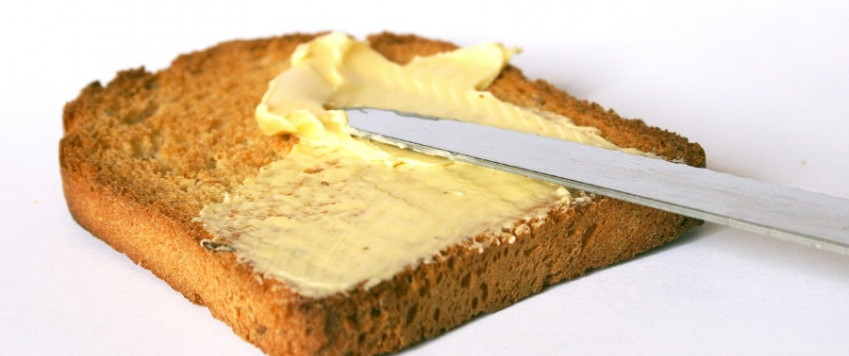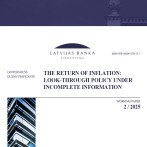Inflation abates, yet this does not mark a new trend

Currently both supply side and demand side factors are rather working in the direction of raising the price level. Both seasonal sales and some striking examples of increased prices, reflecting developments in world’s raw material markets and development of domestic service providers could be observed in July.
According to the Central Statistical Bureau data, the rate of the annual growth in consumer prices in July dropped to 2.6%; prices decreased also month-on-month (by 0.7%), to a greater extent than observed in this month over a longer period of time. July is characterized by a seasonal drop in prices, primarily caused by wearing apparel and footwear sales (this year, prices in this segment dropped to an extent similar to last year but faster than on average in a longer period of time). Likewise, with supply increasing, in July a drop in vegetable prices is usually observed, but this year it was much less pronounced.
In addition to seasonal effects, the price of fuel was also lower than in the previous month, whereas the price of oil in the world market returned closer to 50 US dollars. Uncharacteristic for the season, a drop in accommodation service prices can be seen this year, which could be explained by the opening of new hotels and thus increased competition. Such an extent in the decrease of prices in July, i.e. in the middle of the tourism season, was observed only in 2015 as the Latvian presidency at the EU Council concluded.
The annual inflation was meanwhile rather substantially decreased by the so-called base effect on service prices: last July, housing management services became subject to VAT and currently this factor has no effect on the annual inflation.
Despite the decreased inflation, inflation expectations resumed in July. The reason might have been both some observations of actual prices in those groups of goods in which prices were growing and service price rises in previous months if the service for the new price was obtained in July. Such examples could be the rise in the price of butter, a slight increase in the price of natural gas and the prices of vehicle insurance. The July rise in the prices of natural gas for households was expected because of the increase in the resource price average in previous months.
Price expectations were also probably impacted by the discussions regarding possibly raising the excise tax, which took place in July (Saeima supported such a raise at the end of the month). Likewise, the world prices of several food commodities (for industrial dairy products, meat, cereals) continued to rise in July and several explanations are bandied about in the media as to why butter prices rose so fast – whether it has come to pass because of shortages of raw materials or a change in consumer habits in favour of what is now considered a healthier food choice. Agriculture is not very flexible vis-à-vis fast changes in consumption behaviour and prices reflect this. In addition, the impact of weather on the expected harvest or its quality in some European countries (e.g., Ukraine, Germany) is not favourable.
GDP flash estimate points to an acceleration in economic growth in the second quarter. At the same time, registered unemployment indicators continue to be lower than last year and the nominal rise in compensation in the first months of the year was faster than last year. Even though the real increase in compensation has not accelerated because of inflation, it is positive and the purchasing power of the population is on the rise.
Textual error
«… …»






